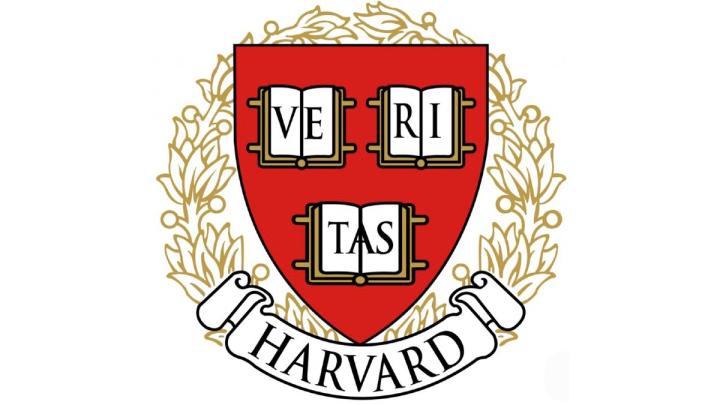Students, faculty, and staff were advised on Saturday, December 18, that Harvard will shift to remote operations during the January term (“wintersession”), because of rapidly rising COVID-19 cases. In a letter from the president, provost, executive vice president, and executive director of Harvard University Health Services, the community learned that “for the first three weeks of January we will take steps to reduce density on campus by moving much of our learning and work remotely”—a step they described as not taken lightly. The decision to reduce the option for students to return to campus early (spring classes are scheduled to resume Monday, January 24), and to shift activities to remote status, was prompted by “the rapid rise in COVID-19 cases locally and across the country, as well as the growing presence of the highly transmissible Omicron variant.”
Indeed, for the period from December 13 through December 17, the Harvard coronavirus dashboard shows 323 community cases; in a community message on December 14, Provost Alan Garber revealed that the community had logged 178 cases during the prior seven days—up from a weekly average during the fall term of just 52 cases. (And The New York Times’s coronavirus database showed Rhode Island, New Hampshire, and Massachusetts as ranking second, third, and sixth highest in new cases per 100,000 population as of December 20.) On December 16, President Lawrence S. Bacow, Garber, and the other Harvard pandemic leaders had announced that boosters would be required for students, faculty, and staff come January, and that the Omicron variant was likely already present on campus.
In their December 18 update, the University leaders laid out the following new conditions for January operations:
- Only students who have previously been authorized to remain on campus or those who receive authorization from their Schools should plan to return to campus during this three-week period. Authorization from Schools will be based on compelling individual circumstances or immediate need for campus presence during the January term.
- Individual Schools will communicate directly with students regarding the status and arrangements for January programs and academic activities that are impacted by this move to remote learning. Some programs will continue in person, for example those with essential in-person laboratory or patient-centered clinical requirements. Updates regarding these programs will be provided by individual School and program leaders.
- Online library services, book request services, and some library facilities will be available during this three-week period.
- Faculty, staff, and researchers, if possible, should work remotely during this time.
Many staff operations were expected to resume on campus, at least on a hybrid basis, as of January 3; that expectation is now deferred, under the new guidance. According to The Harvard Crimson, students planning to be on campus to work on their theses are still permitted to do so (even as January term courses operate remotely)—as are athletes competing in (still) scheduled games.
Taking advantage of the winter break may enable Harvard to stave off the current wave of COVID-19 cases, at least in part, by reducing the campus population significantly for more than a full month. The University leaders wrote that they plan “a return to more robust on-campus activities later in January”—but always with the significant caveat: “public health conditions permitting. We will continue to monitor the situation and provide updates on these plans as soon as we are able.”
Inside Higher Education reports that other universities, including Stanford, which are scheduled to resume classes early in the new year, have already opted to begin instruction remotely. To accommodate students who wish to go home early, Yale announced that exams will be taken online, and took other measures to maintain distancing on campus before the semester ends on December 23.









